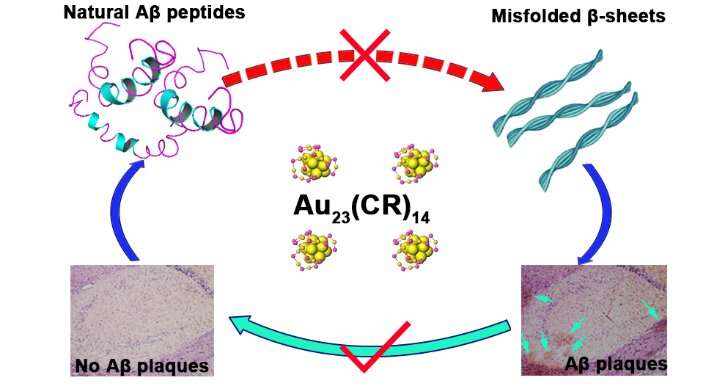
Alzheimer’s disease (AD) is a progressive neurodegenerative disorder characterized by amyloid-β (Aβ) fibrillation and plaque formation. While more than 50 million people are devastated by AD, no treatment is available. Recently, anti-Aβ antibody-based immunotherapy has failed in clinical trials, partially due to the increased cytotoxicity of soluble Aβ oligomers. Therefore, developing a medication for AD treatment becomes an even more important challenge.
In a new research article published in the Beijing-based National Science Review, scientists at the State…


























